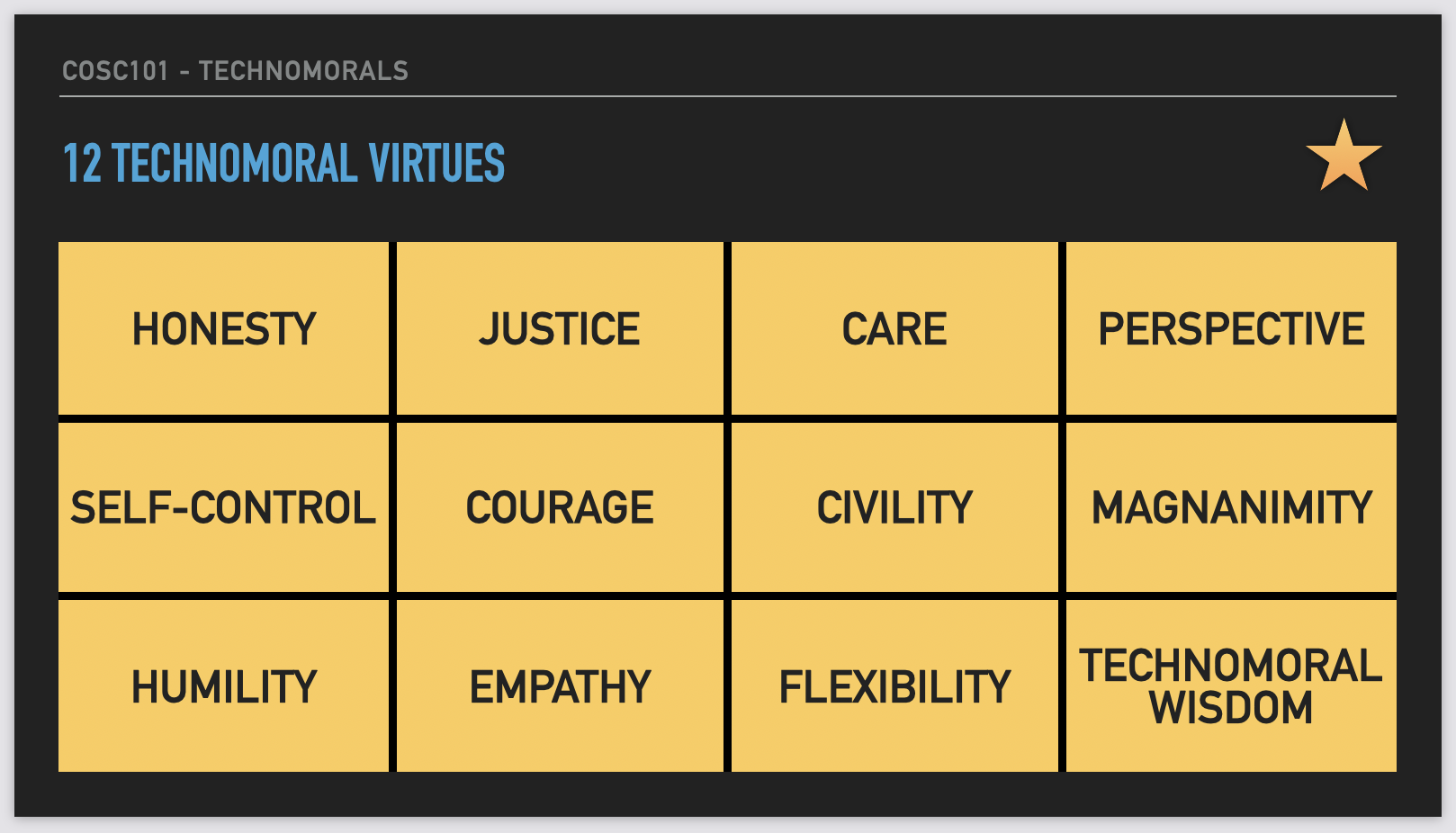Renunciation and technology
“But why wouldn’t you use it? It’s so convenient!”
I was surprised that he was surprised. I was talking to a very intelligent technologist, someone who thought deeply about his craft. It got me thinking about the respect shown to renunciation in this culture, compared to other places I have been.
Nine years ago I renounced the eating of meat. At the beginning most people questioned it, but our culture has really come around to plant-based diets. When I was 18 my first alcohol experience was embarrassing and I swore it off. For the next decade it was “Oh, just a little won’t hurt, right?” Nowadays people don’t question it. During my year as an Upāsaka I took the 5 Precepts among other commitments. After years of living as a minimalist it was not that difficult, and very rewarding. I think I got the least pushback over that… maybe because it is religious?
Of all the renunciation choices in my life the most pushback I get from people are technology choices, like the person at the very beginning of this post. It’s okay when I tell people I quit Facebook in 2010 (Facebook is no longer fashionable anyways) but if it is a particularly popular or widespread app, I get disbelief (or dismissed as an unwashed hippie 😅).
Free and Open Source crusaders have been fighting the fight for ethical software for decades. We finally started to see some regulatory movement against tech monopolies, and I have seen more general discussion of Luddism in the zeitgeist. I was hoping for a change in the culture but now that Big Tech has captured the White House, I think we need to look elsewhere for that change. This is certainly a new opportunity to be talking more about mindful decision-making in tech adoption.
Where to start, and some provocations
Traditionally, renunciation is a practice about removing attachments to gain freedom, it is a path to personal liberation. It is about pursuing a purposeful “good life”. Renunciation of conveniences or consumer products can free up time/money/attention/etc to be spent on more deeply engaging with meaningful pursuits.
But what should we renounce? In 2018 I taught digital ethics to a Computer Science 101 class using Shannon Vallor’s Technology and the Virtues: A Philosophical Guide to a Future Worth Wanting, an excellent resource for thinking about the practice of moral self-cultivation in a technological world. She notes:
Aristotle explains that, just as a geometrically wise person will ‘see’ that what is mathematically significant about three intersecting lines is that they form a triangle, a practically wise person (a phronimos) will reliably ‘see’ and attend to the morally significant facts of concrete situations.
There is more consciousness-raising about tech ethics that needs to be done. Renunciation is a practice of moral cultivation, but one must have a certain level of cultivation before they can properly pursue renunciation.
I ended that first CompSci class with the following Questions to think about which I will leave for you to consider and maybe to comment on:
- What do you consider when you use or adopt a new technology?
- Can you think of examples of when new technology is a wholly positive thing? How about a negative thing?
- Are there any examples of technology that you have adopted that harms others?
Here are some more provocations:
- Think of your fav tech product, or the one you use the most. Are you aware of a friend or coworker that chooses not to use it? If you can’t think of anyone, why not?
- Do you do digital detoxes, or even more general practices like camping, Lent, Ramadan, or Uposatha? How do these practices inform your tech choices?
Check out my Uses page where you will find a list of things I DO NOT use. I am by no means a perfect paragon of technology ethics ("we all can’t be Buddhas"), but this supposed to be a practice, which means it is ongoing. If you make a DO NOT USE list, please share. All of our lists do not need to look exactly the same, everyone has their own life contingencies, but I relish the free and open discussion.

Slide from my Computer Science 101 course introducing the technomoral virtues from Shannon Vallor’s Technology and the Virtues: A Philosophical Guide to a Future Worth Wanting